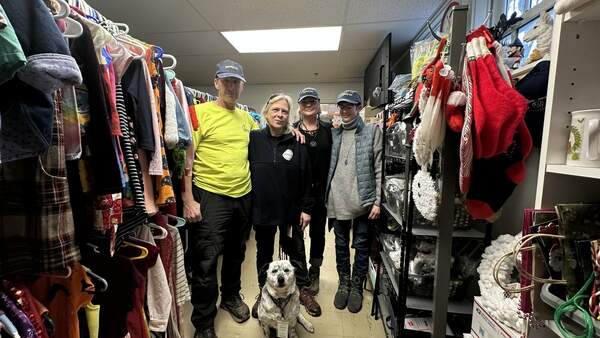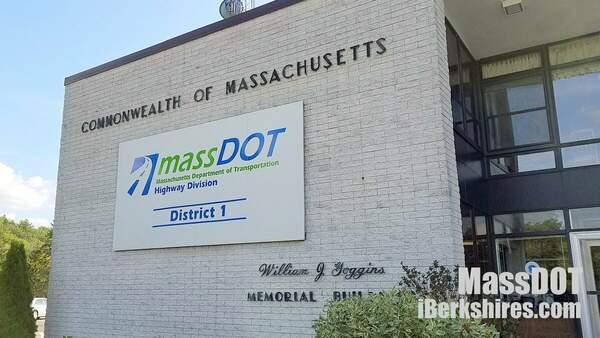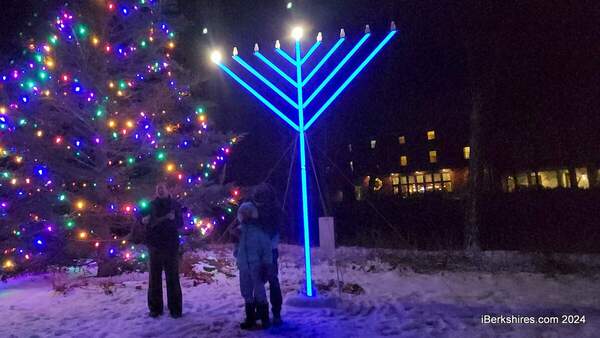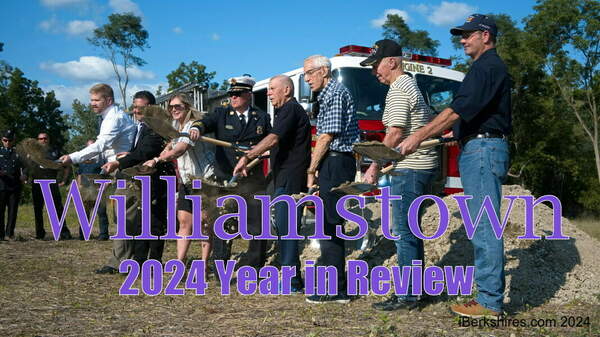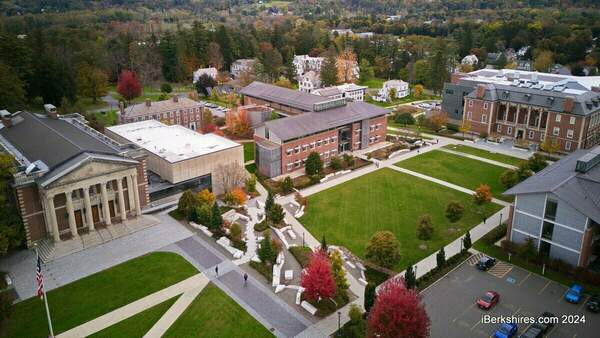WILLIAMSTOWN, Mass. — The Planning Board last week discussed a way to allow geothermal wells in town while protecting the aquifer that supplies drinking water to the town of 7,000.
The issue came up this summer when Public Works Director Craig Clough informed the board of a resident’s plan to install a geothermal system in their home in the Water Resource District.
Clough pointed out that there currently are no regulations at the state or local level for where such systems can go. And he informed the panel that some closed-loop geothermal systems incorporate the use of propylene glycol as an antifreeze.
"Twenty-three gallons [of propylene glycol] in one system is not a lot, right?" Clough said in August. "But if we get 30, 40 of these systems all on a hillside, 10 years down the road or whatever — I don't know how long these things last. It's a closed loop system, but what if it were to leak? There are too many what-ifs in my mind."
Community Development Director Andrew Groff, who serves as the town planner, developed a draft bylaw to cover the issue after consulting with a colleague at town hall.
"[Health Inspector Ruth Russell] and I sat down and tried to look at what these systems do, what is the technology, what sorts of coolants and heat exchange fluids are used," Groff said. "It seems like for these closed-loop systems, the propylene glycol seems to be the most common and least, probably, environmentally hazardous fluid.
"We came to the conclusion this is technology that town hall staff doesn’t have a good grasp on. We need expertise to make decisions on what we should allow, if anything at all, in our aquifer recharge district."
That led Groff to produce a draft bylaw as a starting point for the Planning board to consider. The proposal would require a special permit to install a geothermal system in the town’s two Water Recharge Districts. As part of that process, an applicant would need to pay for a report from an aquifer consultant of the town’s choosing to certify that, "the system poses no threat to the health and safety of the artesian aquifer that supplies public water to the Town of Williamstown."
Members of the board said they liked the framework of the draft bylaw but wondered whether the bylaw should be more general so it could apply to evolving technology.
"A more general version of it would be about the installation of anything below ground in the aquifer zone," Peter Beck said. "One problem is the propylene glycol. Another problem is just people messing around with the aquifer."
Another issue that came up in the Oct. 8 meeting was how the town could address the potential for geothermal systems to malfunction over time, allowing potentially hazardous material to leech close to the aquifer.
"The problem with relying on homeowners is I already know there are a lot of homeowners in Williamstown who can’t afford to do basic maintenance on their home," Campbell said.
Groff pointed out that residents will know when there is a system fault in geothermal because the system will stop working properly.
But Beck and Ken Kuttner noted that the most likely scenario for failure is not that the house suddenly is too cold in the winter or too warm in the summer, it’s that a geothermal well is replaced by a different technology or a new homeowner chooses to abandon the geothermal for a different method of heating and cooling.
No solutions were found to address the issue of long-term maintenance of underground systems, but a different issue was addressed in the course of last Tuesday’s conversation.
At one point, Groff said that the "peer review" requirement in the draft bylaw was not one that he included without considering the potential cost to people looking to adopt the clean energy technology.
"That’s not inexpensive," Groff said of the report required by the draft bylaw. "I think it’s something we need to do to protect our underground water supply. Is the peer review cost deterrent going to take people who are planning a system like this and make them go, ‘Well, the technology is getting better. Let’s do an air system instead.’
"If someone really wants it, they can still do it. It gives them a window."
Roger Lawrence suggested a way to open that window a bit more.
"The simple solution could be you use potable water and specify [in the bylaw] the above ground part of the system be in a conditioned space," Lawrence said. "Then the homeowner, the builder, the client, would have a choice of these two requirements."
In other words, they would have a choice between a geothermal system that uses potable water only or one that uses antifreeze but requires a report from a consultant.
"I like your suggestion," Ken Kuttner said. "You’re giving people the option. I would like to hear from a professional about the efficiency of a water-only system."
In other business at its October meeting, the board continued its discussions about its initiative to craft an open space residential bylaw for a future annual town meeting and a short-term rental bylaw that could be ready in time for this May’s meeting. Beck told his colleagues that he tweaked the language on enforcement to reflect the discussion the board had in September.
The board also touched on the idea of creating an overlay zoning district for Williams College that would preserve the underlying rules of the General Residence District while reflecting the fact that the college has development rights granted under precedents of the Massachusetts Supreme Judicial Court that often force the Zoning Board of Appeals to grant waivers to those local zoning rules.
"We’re not unique [in the commonwealth] having an educational institution that is completely zoned outside of reality," Groff noted.
Groff told the board that he would raise the project in an upcoming meeting with officials from the college.
| If you would like to contribute information on this article, contact us at info@iberkshires.com. |

